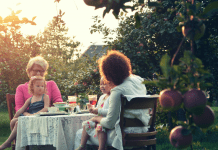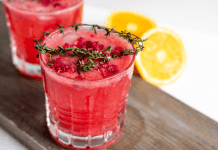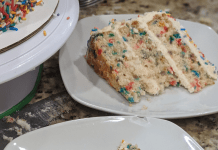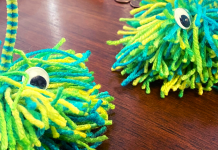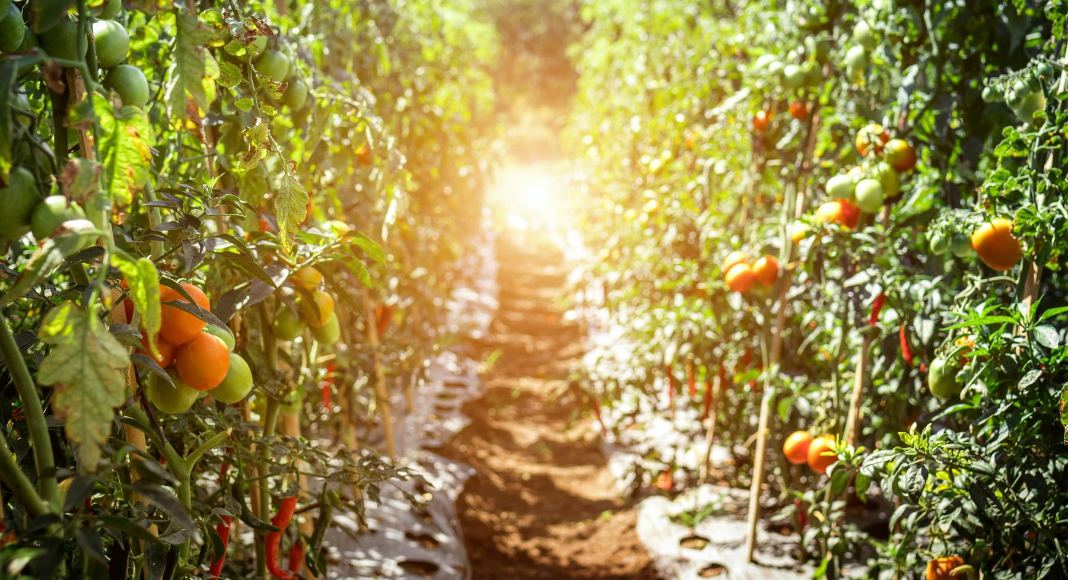
Gardening runs in my family and I pray that it runs in my veins too. I dream of having a yard with blueberry bushes, blackberries, strawberries, some fruit trees, and large vegetable garden someday. After having my own garden in Rhode Island for about a year, I moved down here and had to start all over again. The climate, soil, hardiness zone, and plants are all different in Tennessee.
I have learned a few things during my last three summer gardens.
Learn your soil.
If you are doing a raised vegetable garden then you don’t need to test your soil, but if you are going to plant directly in the ground, it would be helpful to get a test. The test will tell you if your soil lacks nutrients or is too high in others. It will also help you when it comes to making sure your ph levels are right for certain plants. You also don’t know what the previous owners did to the soil. I discovered that my front flower beds had layers upon layers of plastic, newspaper, mulch, and dirt. I understand why they did it, but it was inhibiting my plants from growing. After tearing out all the layers my plants are doing much better.
Find out your hardiness zone and what plants are native to your area.
Tennessee is a zone 7. Okra, tomatoes, strawberries, and usually zucchini do well here. Some herbs do well too. Oregano doesn’t die off like it would up north, but I have come to find it will survive our mild winters. Rosemary, once established, does well too because it doesn’t like a lot of rain, so the summers do it good. Rhubarb, unfortunately, does not do well here. It thrives in New England, but when I moved my plants here the root rotted after the first season. If you’ve discovered how to grow Rhubarb here, please let me know. It’s one of my favorite plants.
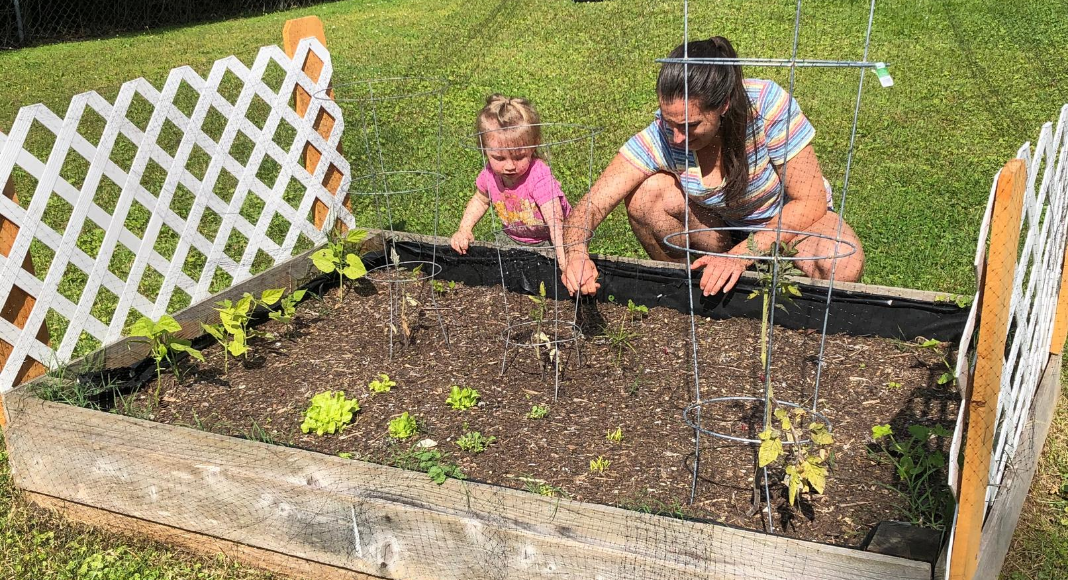
Be prepared for the unexpected.
Everything we planted the first year grew well. Last year something ate the plants before they could really start taking off. This year we decided to put a net over the garden and while it helped to keep the animals at bay, it did not keep the ants off my green beans. My beans have pretty much all been eaten by now. There are food grade pest killers that you can use such as diatomaceous earth, but by the time I thought of it, it was too late. Our zucchini plants haven’t done well either, but I’ve heard the same from many gardeners this year. They keep growing and producing flowers, but we haven’t had any bear fruit yet. These unexpected circumstances don’t deter me from continuing to garden. I just see it as, “Oh well, try again next year.” I learn what I can change and implement it next time.
A few final tips.
Don’t overcrowd your garden.
The plants need their space so they aren’t fighting each other for nutrients; you want them focused on new growth. Water, water, water. They need enough water, especially down here. Find a watering system that works for you and stick to it. If you go on vacation, see if someone will water your garden for you. Research companion plants. There are several types of flowers and herbs that help vegetables grow and even keep away unwanted pests. Last but not least, patience. You need patience. You can’t rush plant growth. Our tomatoes and okra took their sweet time growing once they broke through the soil. We waited, watered, and once our break in the rain arrived to reveal the sun, they started getting bigger.


